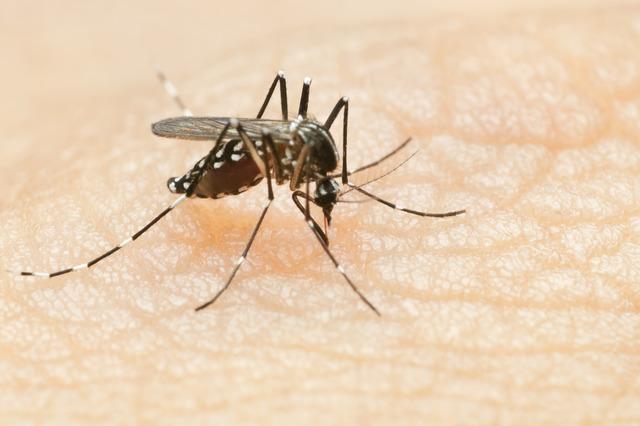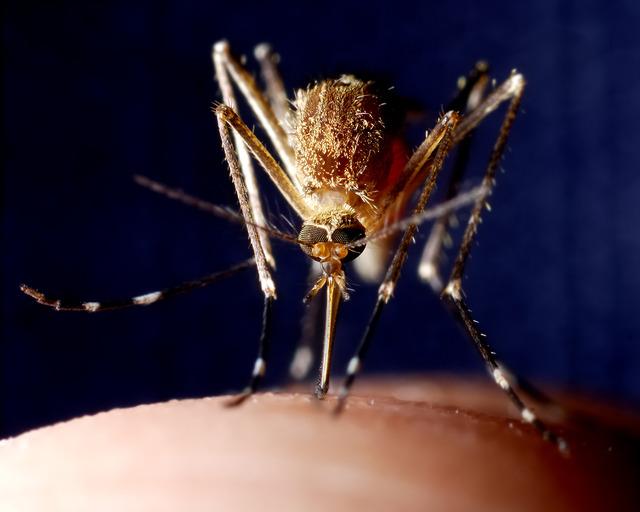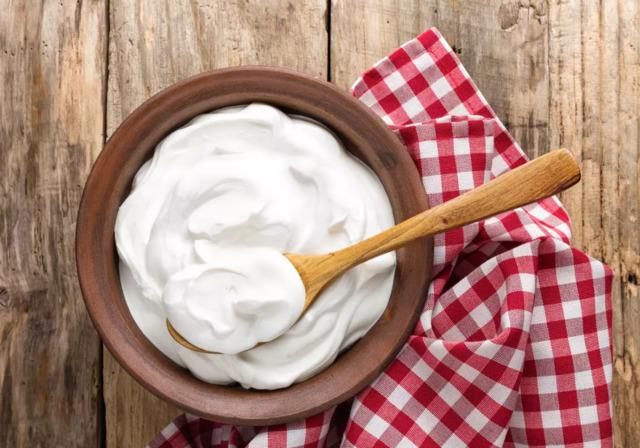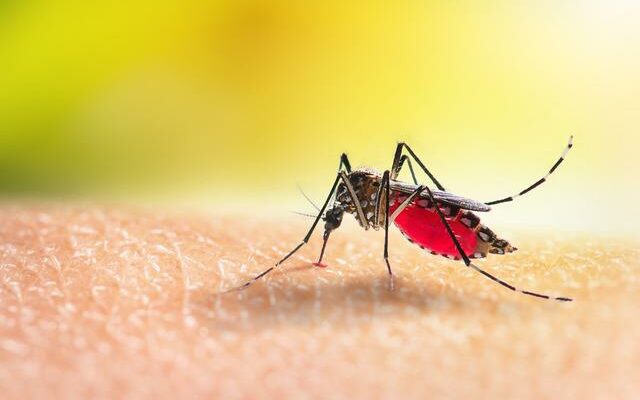Dermatology Specialist Assoc. Prof. Dr. Havva Hilal Ayvaz Çelik provided information about what to watch out for against mosquito bites.
“SKIN MAY REACT TO TOXINS IN FEMALE MOSQUITOES”
Underlining that mosquito bites are a very common condition encountered in the summer when the weather gets warmer, Assoc. Prof. Dr. Havva Hilal Ayvaz Çelik said, “Itchy rashes that appear within a few minutes to hours are observed as a result of the skin reacting to the toxins in the saliva secretion left by the female mosquito while sucking blood, especially at night. These rashes are mostly harmless and regress on their own within a few days.”
BE CAREFUL OF FEVER, SHIVERS AND CRAMPS AFTER THE BITE
Assoc. Prof. Dr. Çelik stated that serious health problems can be encountered due to the diseases carried by mosquitoes and shared the following information:
“In rare cases, due to viruses or parasites carried by mosquitoes, these bites can cause serious diseases such as malaria, elephantiasis, yellow fever, West Nile virus, Denk disease, and Zika virus. Especially if there are conditions such as high fever, chills, headache, weakness, muscle cramps and joint pain, nausea and vomiting, shortness of breath, widespread skin rash, red eyes, abnormal swelling of the arm or leg, etc. within a few days or weeks after the bite, it is necessary to see a health institution for these potentially fatal mosquito-borne diseases.”
“SHORTNESS OF BREATH MAY BE OBSERVED IN PEOPLE WITH ALLERGIC STRUCTURES”

Assoc. Prof. Dr. Çelik, who pointed out that mosquito bites can cause extreme reactions especially in people with allergic constitutions, said, “Bites that are seen as slight redness, swelling and itching in normal people can turn into more edematous, extremely itchy blisters, localized temperature increase, slight fever, palpable lymph nodes or in more advanced cases, widespread hives on the body in these people. Very rarely, swelling in the eyes, lips, tongue and throat area and shortness of breath can be seen. Those who encounter such a sudden situation should definitely go to an emergency room.”
“COLD APPLICATION CAN BE MADE WITH ICE WRAPPED IN CLOTH”

Assoc. Prof. Dr. Çelik explained the precautions to be taken after mosquito bites as follows:
“The most effective methods for mosquito bites include cold application (we do not recommend applying ice directly to the skin, ice wrapped in a cloth can be applied), washing the bitten area with soapy or vinegar water and then applying soothing aloe vera or antihistamine, cortisone-antibiotic combination creams. In addition, when itching and swelling are excessive, antihistamine pills or injections can be applied. If there is a more urgent or intense allergy (inability to breathe, sudden drop in blood pressure, sudden nausea-vomiting, etc.), cortisone-containing treatments and adrenaline injections should be applied, it is definitely recommended that you go to the emergency room.”
“INGREDIENTS SUCH AS YOGURT, ONION AND HONEY SHOULD NOT BE APPLIED TO THE SKIN”

Mentioning the disadvantages of applying some hearsay-based wrong precautions against mosquito bites, Assoc. Prof. Dr. Çelik said, “It is not recommended to apply food substances such as yogurt, onion, honey, etc. to the area. It should not be ignored that an additional allergic reaction may occur in the person against these substances and that the area may become an entrance gate for bacterial infections after any kind of injury called secondary bacterial infection. Due to this secondary infection risk, bites should not be scratched with the nail, if possible, instant relief should be provided by rubbing. However, if the person is still very itchy and this condition does not regress even after washing, a disinfectant (chlorhexidine, alcohol, etc.) can be applied for a short time. It should not be forgotten that these disinfectants can also dry the skin and increase the risk of allergic reactions in the long term, and continuous application should be avoided. In addition, if there is a regional increase in temperature in the bite area, palpable swelling-lymph nodes or redness that increases from that area, oral antibiotic treatment may be required; “To prevent such situations from developing, it is recommended that you do not apply food substances to this area and see a dermatologist.”
PRECAUTIONS THAT CAN BE TAKEN AGAINST MOSQUITOES

Assoc. Prof. Dr. Çelik listed the precautions that can be taken to protect against mosquitoes as follows:
“First of all, mechanical measures should be taken to keep mosquitoes away (attaching wires to windows and doors that can remain open all day, setting up mosquito nets in the sleeping area, etc.), then protective creams or sprays that can be applied to the skin and are found to be safe (containing ingredients approved by the Ministry of Health such as catnip oil, lemon eucalyptus oil, citronella oil, picaridin, etc.), spreadable aromatic herbal oils mixed with vaseline (lemon oil, lavender oil, peppermint oil, eucalyptus oil, orange oil, lavender oil, rosemary oil, etc.) can be used. These aromatic oils and essences or sprays made with substances such as cloves and vinegar can also keep mosquitoes away to some extent when used as room fresheners. However, there is a risk of developing allergies both on the skin and in the respiratory tract to all these ingredients, and careful use is recommended. In addition, if possible, light-colored, long and loose clothing should be worn when spending time outdoors.” (DHA)
